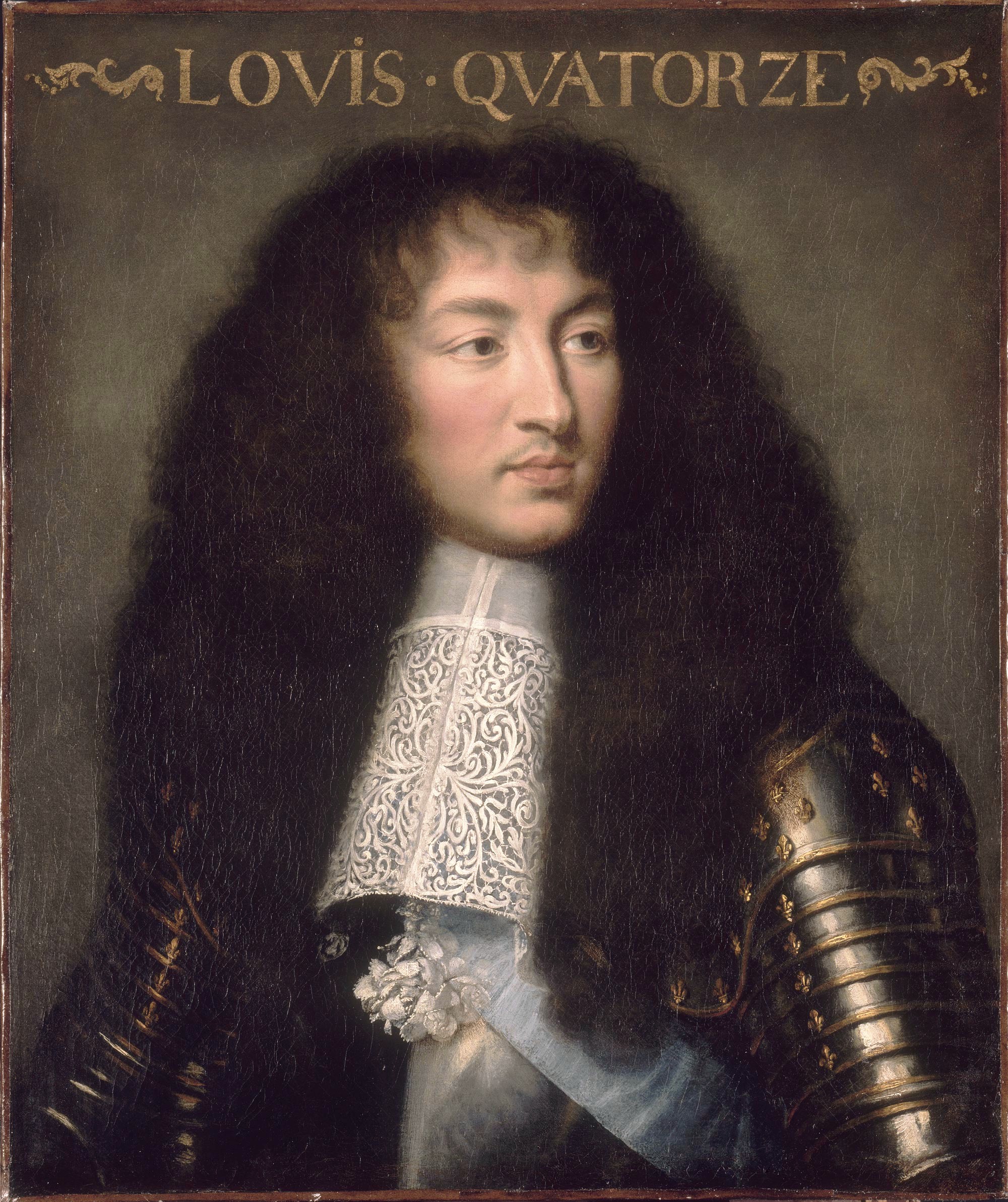skip to main |
skip to sidebar
From
The Spectator:
Louis XIV came to the throne in 1638 at the age of four with the
monarchy ‘on a knife edge’ and died 72 years later with his country
virtually bankrupt; but in the decades between he left a mark on France
and Europe that no French king can match. As an infant his ‘voracious’
appetite took him through eight bruised and exhausted wet nurses, and
whether it was women or work, his army or his pleasures, his benevolence
or brutality, the same insatiable appetite would mark his whole life.
‘The neighbours of France should beware such precocious rapacity,’
the Swedish diplomat Grotius prophetically remarked of the new dauphin,
but it would be some while before France and Europe found out just what
they had got. On his deathbed Louis XIII had appointed his wife, Anne of
Austria, regent for their infant son, and for the first years of his
reign — years marked by a deep hatred of the king’s first minister,
Cardinal Mazarin, rising taxes, simmering rebellion, the court’s
nocturnal flight from Paris, and the spreading anarchy of the Fronde —
only his youth saved Louis from the resentment that engulfed the
regency. ‘Paris is in uproar,’ Mansel writes:
Princes and provinces rebel. Cities shut their gates in the king’s
face. The countryside is devastated. Frenchmen claim that their kings
have a duty to their subjects, as well as subjects to kings, and that
obedience to kings is conditional on their observance of the law.
It was increasingly apparent, though, that as the king grew up the
greatest asset that the court party had was Louis himself. It is always
difficult with Louis to penetrate the layers of sycophancy that
invariably obscure the man, but what is clear is that the child who
burst into tears at his first address to the Paris parlement, had
developed into a paragon of youthful royalty, ‘a young Apollo’, in John
Evelyn’s words, ‘of sweet yet grave countenance’, ‘affable, informal and
Parisian’ when he wanted to be, and with ‘une mine fière et hautaine’
when he needed it. ‘Such is his goodness and facility of humour,’ his
confessor recorded on his entry into Rouen, ‘joined to the grace of his
body and the sweetness of his glance, that I know no more powerful
philtre to enchain hearts. All Normandy could not tire of the sight of
him.’ (Read more.)
Share



















No comments:
Post a Comment